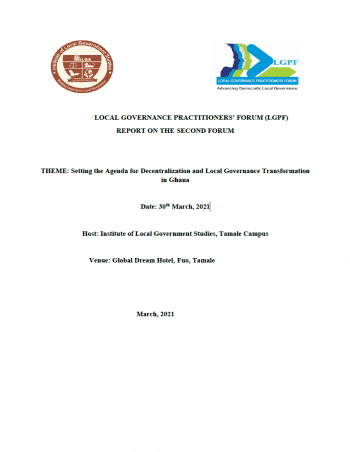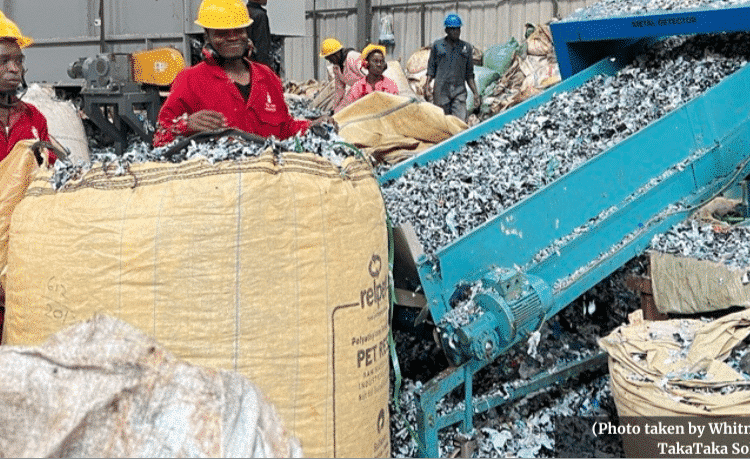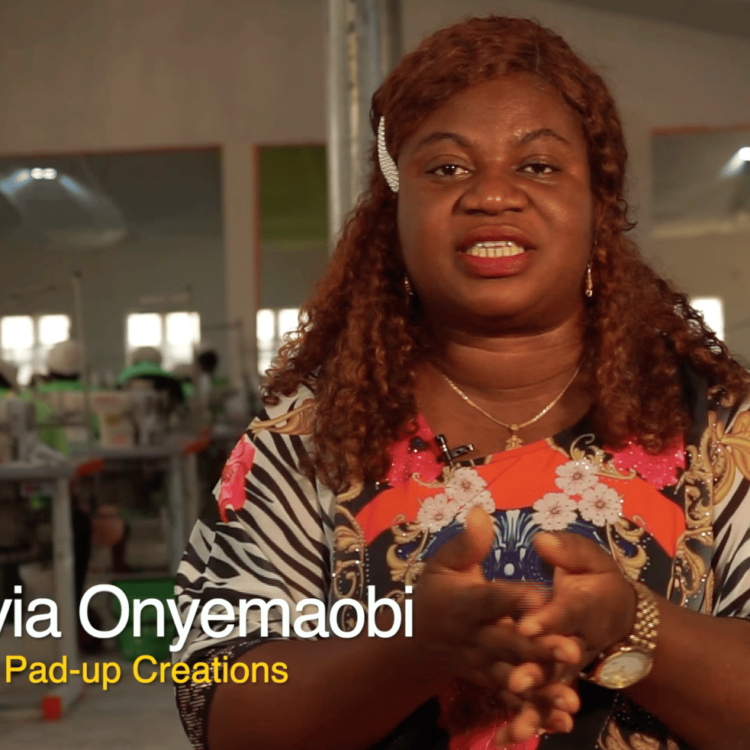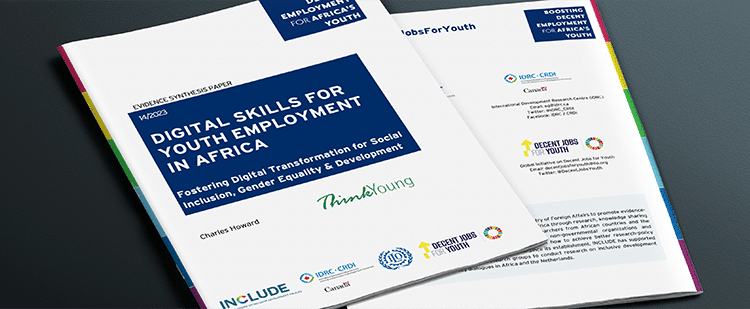
This is a report of the second Local Governance Practioners’ Forum (LGPF) which was held on 30 March 2021 on the theme ‘Setting the agenda for decentralization and local governance transformation in Ghana’. Areas considered and recommendations made on Local Economic Development (LED) were:
- Sensitization on LED not just to Metropolitan, Municipal and District Assemblies (MMD staff but to the general public on what LED is, its role and importance, rationale, objectives and stakeholders.
- Comprehensive mapping of endogenous resources and institutions.
- Localizing the One District One Factory (1D1F) Secretariat into MMDA.
- Coordination 1D1F and LED policies.




